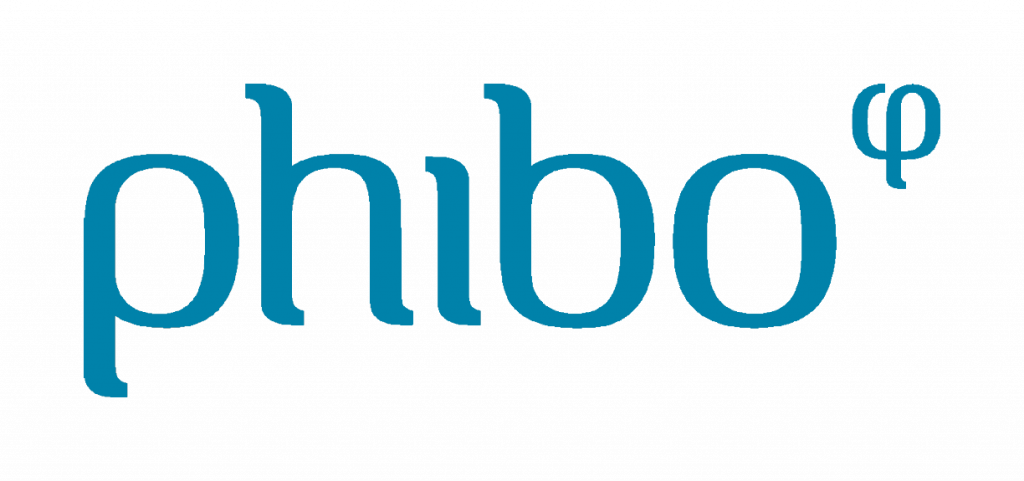This site uses cookies so that we can provide you with the best possible user experience. The information in the cookies is stored in your browser and performs functions such as recognizing you when you return to our site or helping our team understand what sections of the site you find most interesting and useful.
El contenido de este sitio web está dirigido exclusivamente a profesionales del sector odontológico. Aquí encontrarás información especializada sobre productos y soluciones diseñados únicamente para uso profesional.
En cumplimiento con la normativa vigente, y para continuar, confirmo bajo mi responsabilidad que soy un profesional de la odontología y que, por lo tanto, se me permite acceder a la información contenida en este sitio.


